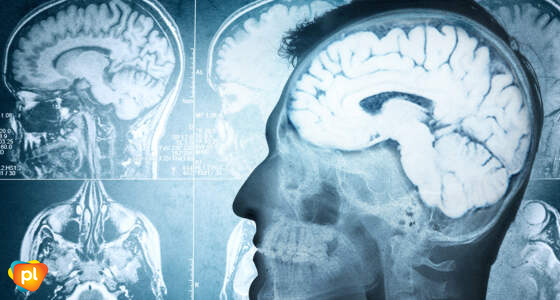
It is safe to say that not everyone living with HIV knows about HAND. When we first contract HIV, the virus immediately infects many different cells and organs throughout our body, including the brain.
Sometimes it doesn’t matter how long you’ve been living with HIV, sometimes even if you’re on HIV medication (cART or combination antiretroviral therapy), low levels of HAND can still develop. HAND stands for HIV-Associated Neurocognitive Disorder.
HAND is a HIV-related condition that around 40% of people living with HIV can develop. HAND can be subtle and not fully noticeable but still affect how you function and this is known as symptomatic HAND.
So what’s the good news?
Early assessment, diagnosis and treatment are the keys to a better outcome for anyone living with HIV who is diagnosed with HAND.
Like anyone else who wants an active healthy life, the best thing anyone can do if they living with HAND, is to maintain a good diet and remain engaged, productive and physically active. Reducing other lifestyle risk factors like giving up smoking, a moderate use of alcohol and other substances will also have benefits.
So what are the signs you might be developing HAND?
Usually other people are the first to notice. These might be changes that are out of character for you. Your friends, partners or family are pretty good at spotting these things.
These signs can be changes in your mood like more anxiety, or greater frustration and intolerance of things that didn’t bother you before. They can be changes in your thinking, like forgetting things more often, losing track of conversations or missing appointments and having difficulty organising stuff in your life. They can also be physical changes like tripping or falling over a lot, bumping into things, unexplained bruises or losing track of time.
We all experience these occasionally so these could be ‘normal’ for you. If these start to occur more frequently, then it’s time to talk about these with your doctor. If a partner, friend or family member comments, ask them to be specific about what they’re noticing. This detail can be useful to take to your doctor.
Diagnosis is a combination of excluding other causes and working out what needs more investigation. Assessment for HAND will be most likely be a neurocognitive assessment which is a question and answer type screening test. This might indicate the need for further testing e.g., MRIs etc. If you ever have this kind of assessment, make the appointment at the time you know you’ll feel your best.
A diagnosis of HAND can be a relief, especially if you’ve been dealing with some uncertainty about memory or other symptoms. It does not mean your life is going to significantly change. A diagnosis could mean a change in your HIV medication. Your symptoms can improve or even reverse. Most people continue living productive and engaged lives with HAND. It will mean you will be able to get help to find and develop some new strategies to manage the impact of HAND on your life – socially, at work and home.
Should you be worried about HAND? If you have some odd symptoms or concerns, talk about these with those people closest to you and perhaps bring them up with your doctor. If you find there is something to get checked out for, then you don’t need to be worried about this. An early assessment can put your mind at rest. The sooner you know what’s going on, the better position you’re in to deal with it, manage it and get on with life.
There are two booklets on our website: ‘HIV Associated Neurocognitive Disorder Booklet‘ and ‘HIV Associated Neurocognitive Disorder (HAND) Booklet for partners, friends and family‘ which you can download. Or call the office to get these posted to you.
To talk to someone about your concerns, call Positive Life on (02) 8357 8386, 1800 245 677 (freecall) or email contact@positivelife.org.au
One Comment
Comments are closed.








Very informative. Didn’t realize it was so common. May explain some of my symptoms i’ve been experiencing lately.